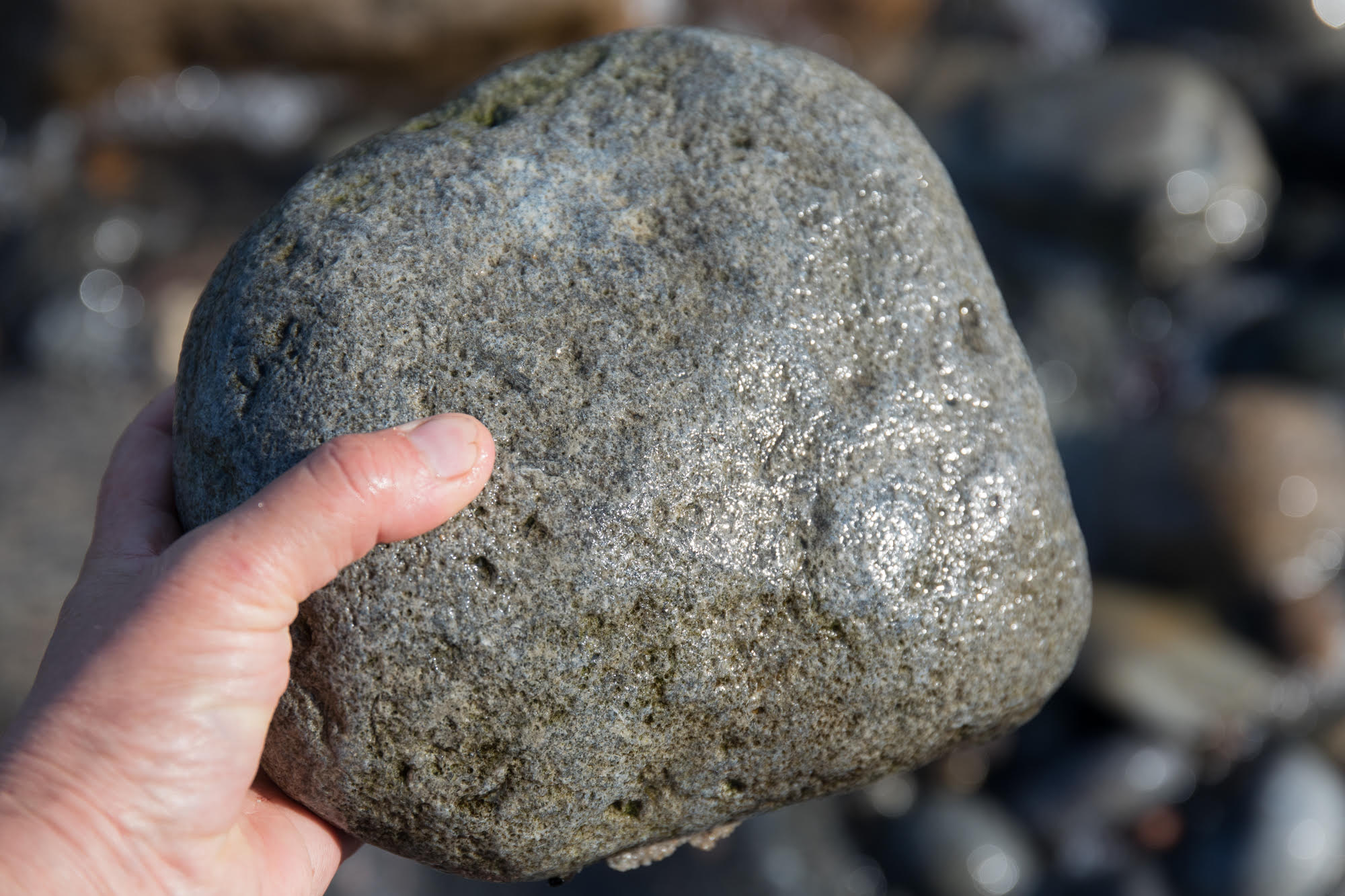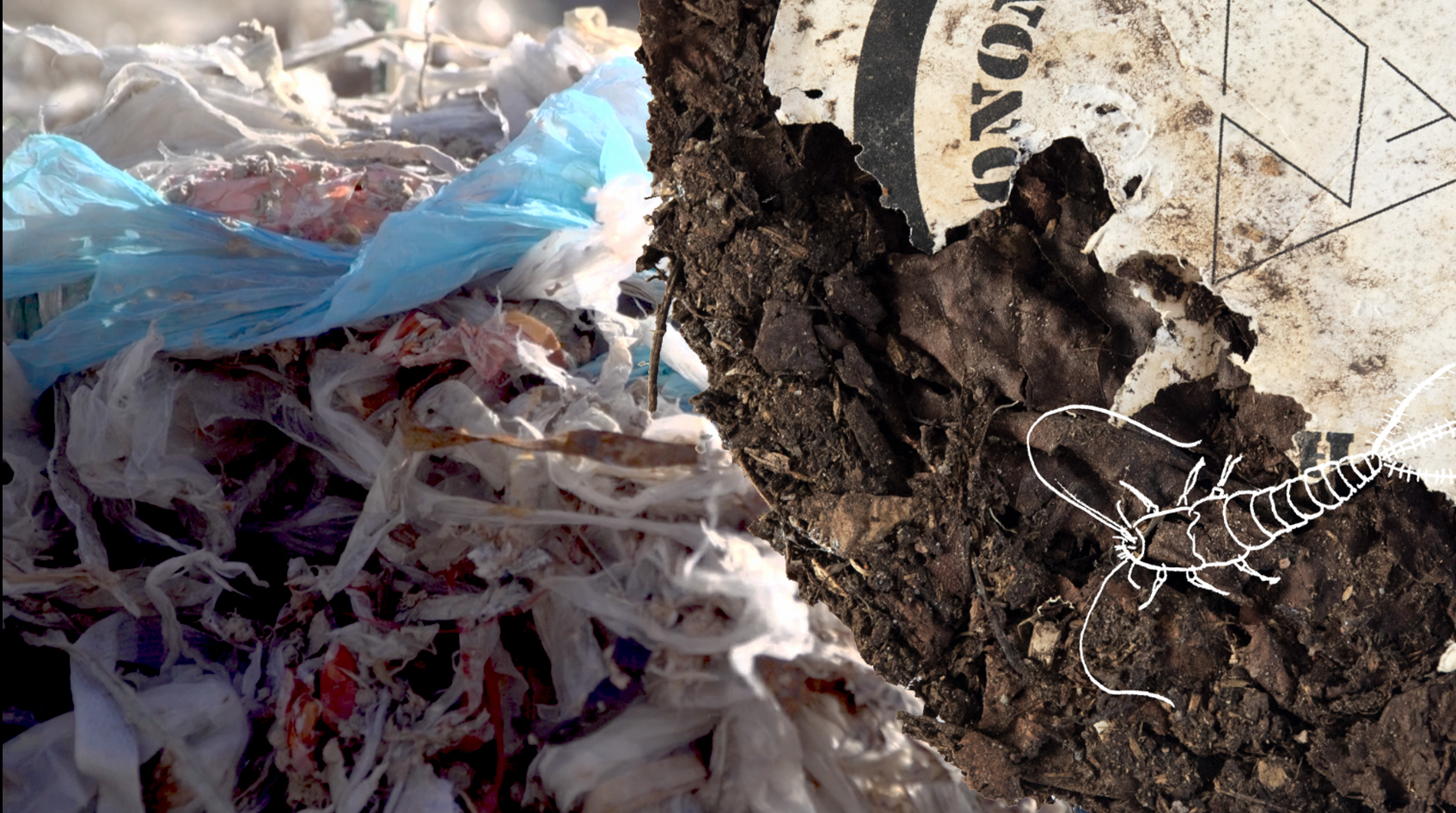-

CALL FOR APPLICATIONS: Gender and Sustainability: Introducing Feminist Environmental Humanities – ONLINE PhD course
Gender and Sustainability: Introducing Feminist Environmental Humanities – FAD3115 This electable course in the doctoral program, Art, Technology and Design (7,5 credits) is an educational […]
-

Join us in a Midsummer Fertility Ceremony for Bladderwrack – an Invitation from (P)Art of the Biomass
During calm nights in May and June, and synched by the full moon, bladderwrack releases its eggs and sperms. If you want to pay tribute […]
